Chin-ups are one of the most effective bodyweight exercises for building upper body strength and endurance. Whether you're training for fitness, building muscle, or just looking to improve your physical health, a common question is: How many chin-ups should I be able to do? This question can vary depending on factors such as age, gender, and fitness level. In this article, we'll explore the average chin-ups by age, how many chin-ups the average person can do, and what is considered a good number of chin-ups for different goals.
How Many Chin-Ups Is Good?
The answer to "how many chin-ups is good" varies based on your fitness goals and your current physical condition. In general, doing 10-12 chin-ups consecutively is considered a solid achievement for someone with moderate fitness. If you can perform 15 chin-ups or more, you're in excellent shape, as this indicates strong upper body and grip strength.
Average Chin-Ups by Age
The number of chin-ups you should be able to do can also depend on your age. Here's a breakdown of the average chin-ups for various age groups:
- Teens (13-19 years): 5-10 chin-ups
- 20s-30s: 6-15 chin-ups
- 40s-50s: 5-10 chin-ups
- 60s and older: 3-5 chin-ups
Of course, these numbers are averages, and individuals may perform differently based on their level of fitness.
How Many Chin-Ups Can the Average Person Do?
On average, the general population can perform 2-5 chin-ups. However, many people lack the strength, grip endurance, and technique to perform even one correctly. If you fall in this category, don't worry! Chin-ups are a skill that can be developed with consistent training. You can start with assisted chin-ups or negative chin-ups and gradually build up to performing full chin-ups.
How Many Chin-Ups Can the Average Man Do?
The average man in his 20s to 30s can perform between 6-10 chin-ups. For someone who is moderately active or has been training regularly, the average number of chin-ups may increase. For those who don't exercise regularly, the number may be closer to zero. It is important to note that the ability to perform chin-ups depends largely on body composition and muscle strength.
How Many Chin-Ups a Day?
Many people wonder how many chin-ups a day is beneficial. The key to building muscle with chin-ups is consistency. While doing chin-ups every day can lead to progress, it's important to avoid overtraining. A general recommendation is to perform 3-4 sets of chin-ups, with 5-10 repetitions per set, every other day. This allows muscles to recover between sessions.
Chin-Ups Sets and Reps
When structuring your chin-up workouts, it's important to consider the number of sets and reps. Here is an example of a basic chin-up workout plan for different fitness levels:
- Beginners: 3 sets of 2-5 chin-ups
- Intermediate: 3-4 sets of 6-10 chin-ups
- Advanced: 4-5 sets of 12+ chin-ups
You can also add more variety by including three-way chin-up hold exercises to build additional strength and endurance.
How Many Chin-Ups to Build Muscle?
If your goal is to build muscle, performing 8-12 chin-ups per set is ideal. This range promotes hypertrophy (muscle growth). Performing chin-ups with added weight, such as a weighted vest or dip belt, can help you achieve this goal more quickly. Additionally, focusing on perfect form and slow, controlled movements can enhance the muscle-building process.
How Many Sets of Chin-Ups?
The number of sets of chin-ups you should perform depends on your training volume and goals. For building muscle and strength, 4-5 sets of 6-12 chin-ups per session can be effective. Ensure you allow adequate rest between sets, typically 1-2 minutes, to maintain performance throughout your workout.
Is 10 Chin-Ups Good?
Yes, 10 chin-ups is considered good! It shows that you have strong upper body strength and endurance. If you can perform 10 chin-ups consecutively, you're likely able to engage your back, biceps, and forearms effectively, which is great for overall fitness.
Chin-Ups Everyday Results
Many people wonder about the results of doing chin-ups every day. While training chin-ups every day can improve strength and endurance, it may also lead to overtraining if you don't give your muscles enough recovery time. Ideally, perform chin-ups 3-4 times a week, giving at least one rest day in between to avoid injury and allow your muscles to grow.
How Many Chin-Ups a Day to Build Muscle?
If you're specifically aiming to build muscle, performing chin-ups 3-4 times a week is typically more effective than doing them daily. Aim for 3-5 sets of 6-12 chin-ups each session, and incorporate progressive overload, such as adding weight to increase difficulty.
How Many Chin-Ups Should I Do a Day?
If you're wondering how many chin-ups should I do a day to achieve your goals, it depends on your fitness level. For beginners, starting with 2-3 sets of 3-5 chin-ups a day can be helpful. If you are more advanced, you can perform up to 5 sets of 10-15 chin-ups per day, but don't neglect rest days for optimal recovery.
15 Chin-Ups
Being able to perform 15 chin-ups in a row is an impressive milestone. It indicates a high level of upper body strength and endurance, especially for your back and biceps. If you can achieve this, you’re on track to further improve your muscle-building goals.
How Many Chin-Ups Is Good for a Man?
For a man, performing 10-15 chin-ups is a great goal. This shows that you have developed a solid level of upper body strength. If you're able to do more than 15, you're in exceptional shape. As you continue training, the number of chin-ups you can perform will likely increase.
Conclusion
The number of chin-ups you should aim for will depend on your fitness level, goals, and age. Whether you're a beginner or an advanced athlete, consistent training, proper technique, and gradual progression will help you improve your chin-up performance. Aim for 3-5 sets of chin-ups with a focus on volume and progressive overload to see optimal results in muscle growth and strength. Remember that the key to success is consistency—keep pushing yourself, and you'll see improvements in no time!
























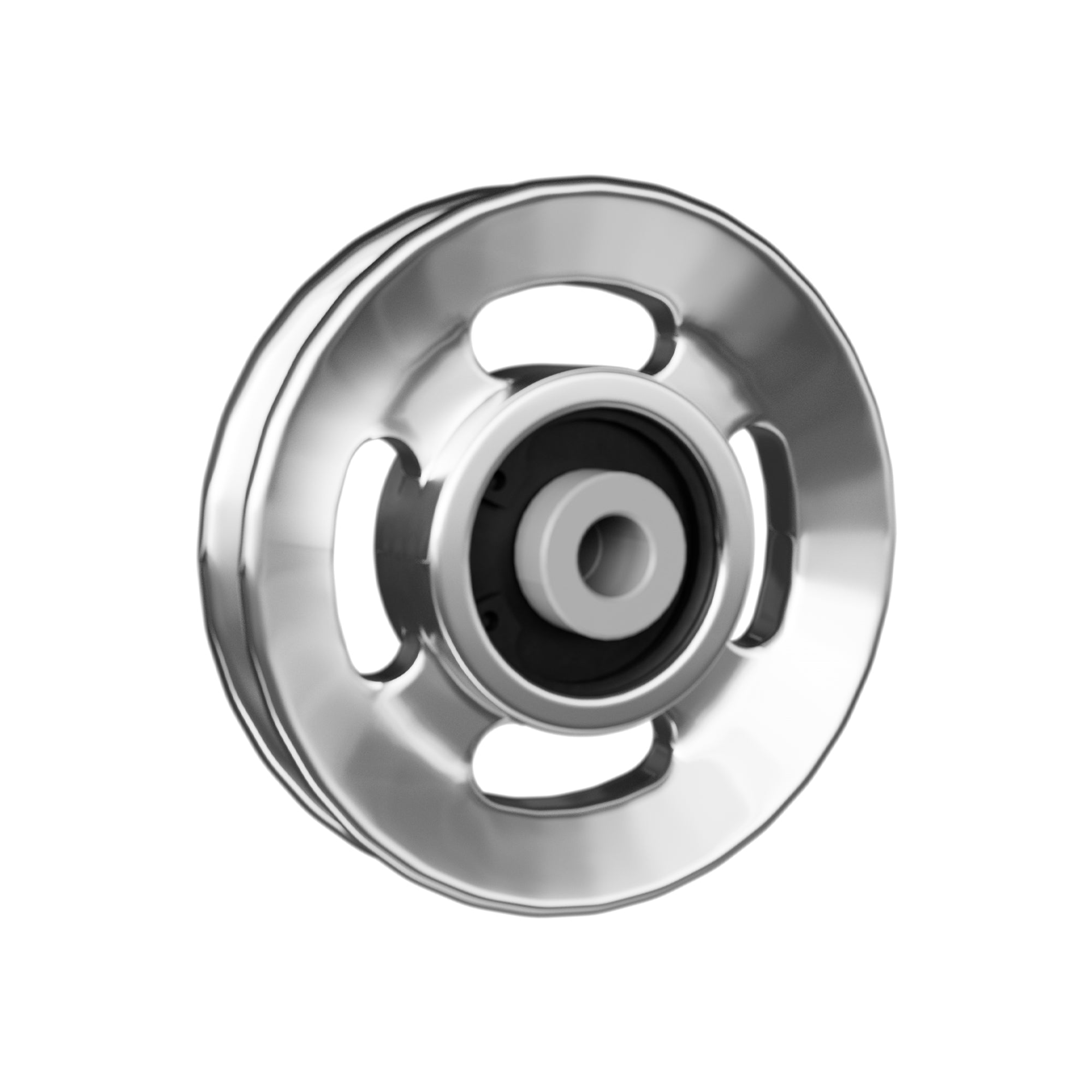
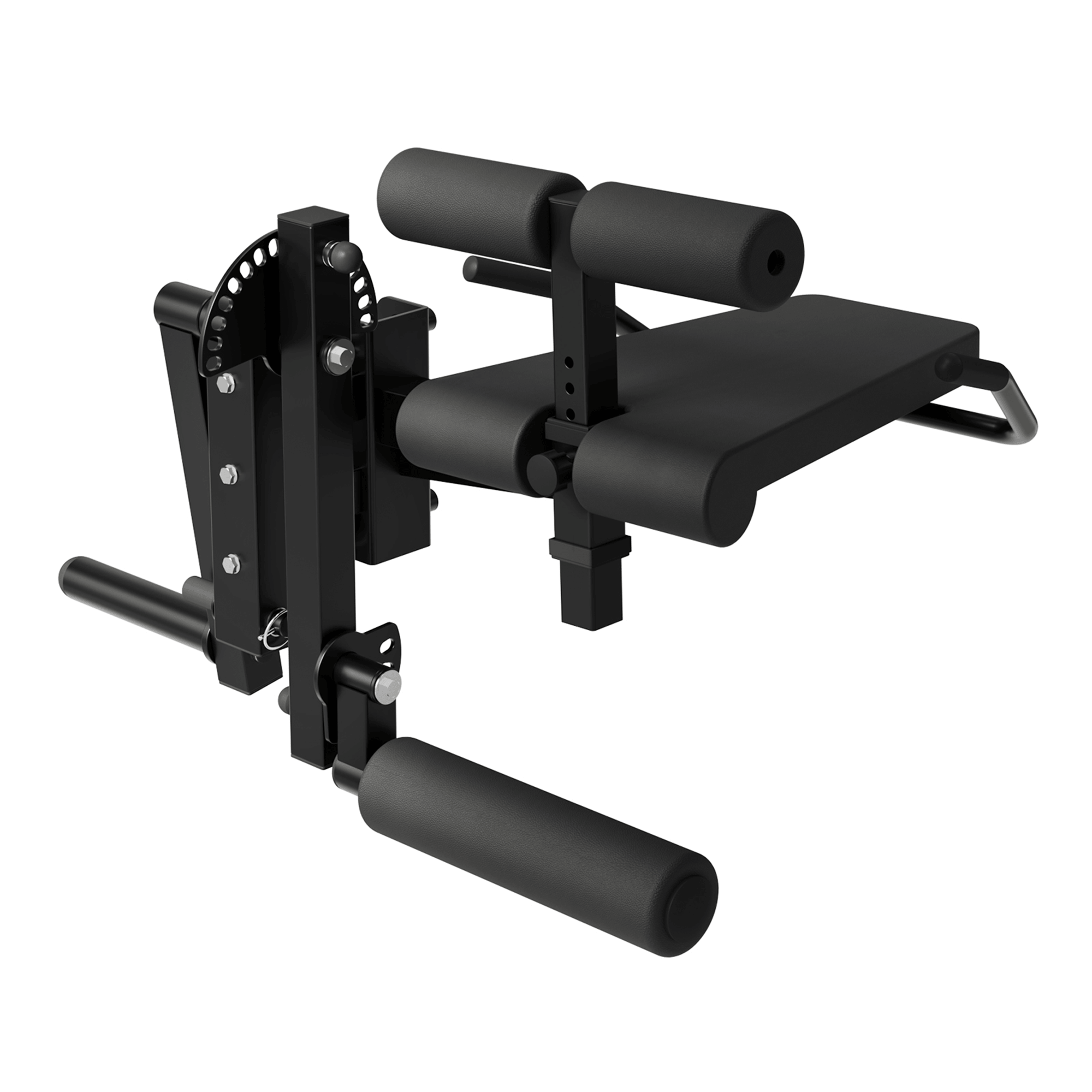







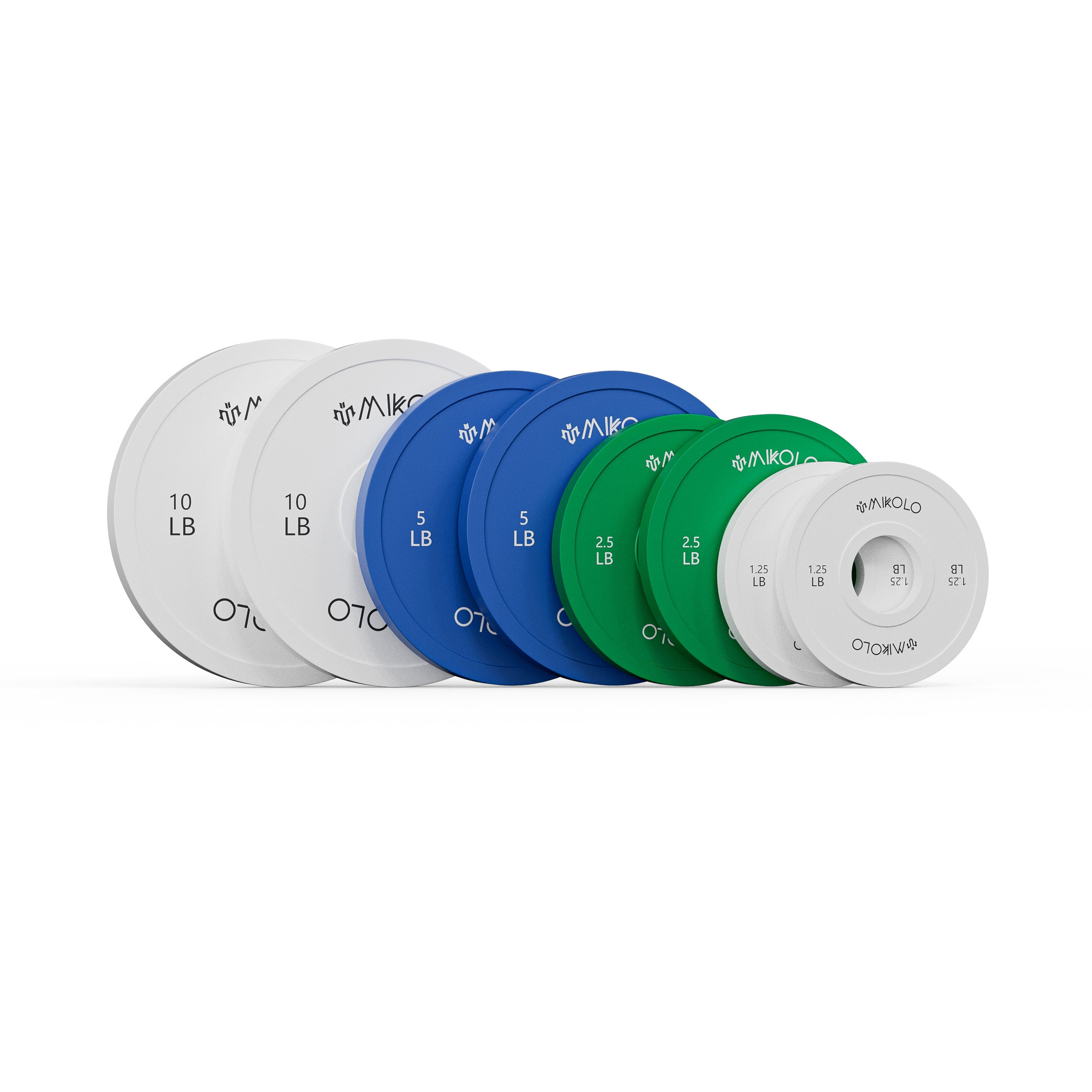









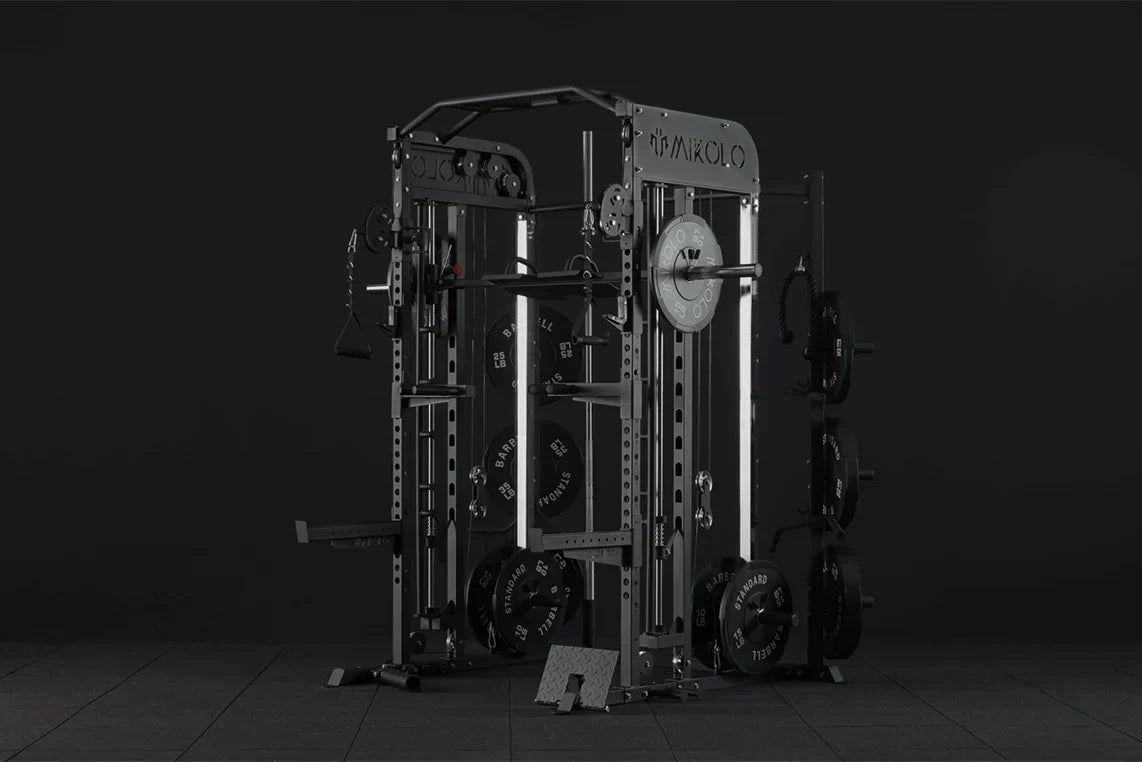

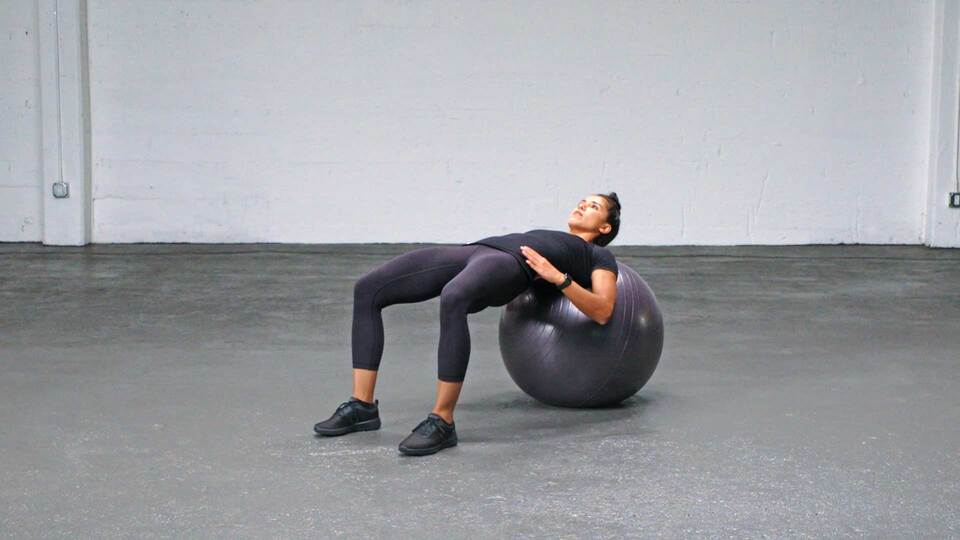
Leave a comment
This site is protected by hCaptcha and the hCaptcha Privacy Policy and Terms of Service apply.